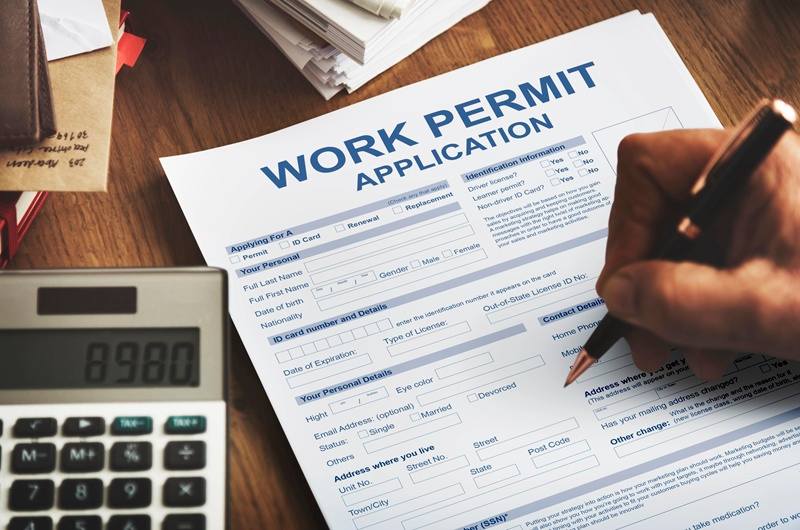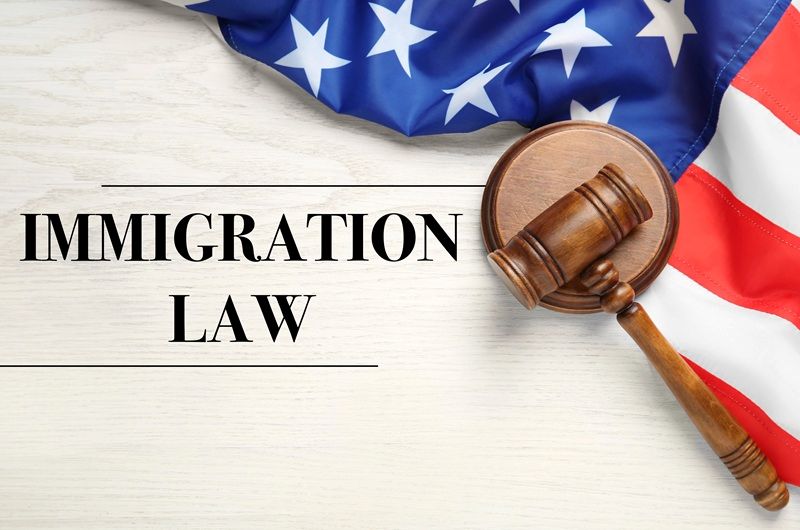
How To Get Your Green Card Through Family In Dallas?
TL;DR:
To get a green card through family in Dallas, your U.S. citizen or permanent resident relative must file Form I-130 to prove the family relationship. If you’re already in the U.S. and a Visa is available, you may apply for adjustment of status (Form I-485). If you’re outside the U.S., you’ll complete the process through a U.S. consulate abroad. The exact steps and wait times depend on your relationship to the sponsor and whether you’re considered an “immediate relative” or part of a Visa-limited category. Starting with the right forms and avoiding delays is key to keeping your family together.

How Will Your Family Green Card Process Begin In 2025?
It usually starts with Form I-130, the petition a U.S. citizen or green card holder files to tell immigration: “This person is my family, and I want them here.”
That petition lays the foundation for everything that follows. It proves the family relationship and secures a place in line, especially when visa wait times apply.
Who Can You Sponsor For A Family-Based Green Card?
Eligibility depends on the petitioner’s immigration status and their relationship to the person they want to sponsor.
A U.S. citizen can file for:
- A spouse
- Children (married or unmarried)
- Parents (if the petitioner is over 21)
- Siblings (if over 21)
A Green Card holder can usually sponsor:
- A spouse
- Unmarried children of any age
Not all categories move at the same pace. For instance, petitions for a spouse or parent of a U.S. citizen are processed faster, as they fall under the “immediate relative” category, which isn’t subject to annual Visa caps. Sibling petitions, however, often face multi-year delays due to strict Visa limits.
What Happens After Your Form I-130 Is Approved?
Once USCIS approves the I-130, the next steps depend on where the relative lives.
- If the family member is already in the U.S. and entered lawfully, they may be eligible for Adjustment of Status, allowing them to apply for a green card without leaving the country.
- If they are living abroad, the case proceeds through Consular Processing. This means completing the Visa paperwork from outside the U.S. and attending an interview at a U.S. embassy or consulate.
Each path comes with its own timeline and risks. Adjustment of status is often more straightforward for those who entered legally. Consular processing, while necessary for many, may feel more uncertain, especially in cases involving past immigration issues or incomplete records.
How Long Do You Need To Wait To Get A Family Green Card In Dallas?
It depends on the relationship and the immigration status of the sponsor. Here are some common examples:
- A U.S. citizen filing for a spouse might see processing times of around 12 to 16 months.
- A green card holder filing for a spouse may wait 18 to 24 months.
- Petitions for parents or children under 21 (from a U.S. citizen) usually follow similar timelines.
- Sibling or adult child petitions often take several years due to the visa backlog.
Location matters, too. USCIS offices in the Dallas area tend to face significant backlogs particularly for family-based applications, which can impact how quickly a case moves forward.
What Can Delay Your Family Based Green Card Case?
Delays are often caused by issues that could have been prevented. Common pitfalls include:
- Submitting incomplete or outdated forms
- Forgetting to include documentation to prove the family relationship (such as marriage or birth certificates)
- Missing biometrics appointments or USCIS deadlines
- Getting placed in a “preference category” without realizing it, which means waiting for Visa availability
Marriage-based cases in particular require strong evidence of a real relationship. USCIS often looks for shared financial records, leases, taxes, photos, communication history, and other day-to-day proof. Weak documentation can trigger delays or denials.
What If Your Relative Is Still Abroad? Should They Start Now?
In many cases, consular processing is the only available option when the family member is outside the U.S. However, if the person entered the U.S. legally, even temporarily, they may qualify for adjustment of status without needing to leave.
Each path has its pros and cons. Leaving the U.S. can pose risks for those with prior visa overstays, unlawful presence, or deportation history. But filing from within the U.S. without understanding the full immigration background can also create legal complications.
This is why having a Dallas immigration attorney review the case before moving forward can make a significant difference.
When Should You Talk To A Dallas Immigration Lawyer?
The family green card process is more than just filling out a few forms. Every step involves strict timelines, detailed evidence, and legal decisions that can impact whether a family stays together or gets separated by red tape.
While many families try to handle the process alone, even small mistakes can cause major delays. A missing document. A missed deadline. A form filed under the wrong category. What seems like a small oversight today can snowball into a denial a year later.
That’s why working with an immigration lawyer early on isn’t just helpful, it’s often the difference between success and stress.
Legal guidance is especially important when:
- The person being sponsored is undocumented, has overstayed a visa, or entered without inspection
- There’s uncertainty about which forms apply or how to prove the family relationship
- The case seems stuck with no updates, or a USCIS deadline has been missed
- A Request for Evidence (RFE) was received, and it’s not clear how to respond correctly
At Dallas Immigration Lawyers, we’ve helped families across Texas who came to us after trying to file alone, often after months of silence from USCIS or confusing rejection notices. When these cases are reviewed early, the entire process becomes smoother, faster, and far less risky.
If a family is ready to take this step, legal support can mean peace of mind and a clear path forward. Schedule a confidential case evaluation today to learn what’s possible and start the journey of reuniting with the people who matter most.
Family Green Card Questions Dallas Immigrants Ask Most
Share this article
Table Of Contents
Latest articles
February 10, 2026
February 10, 2026
February 10, 2026
Categories



